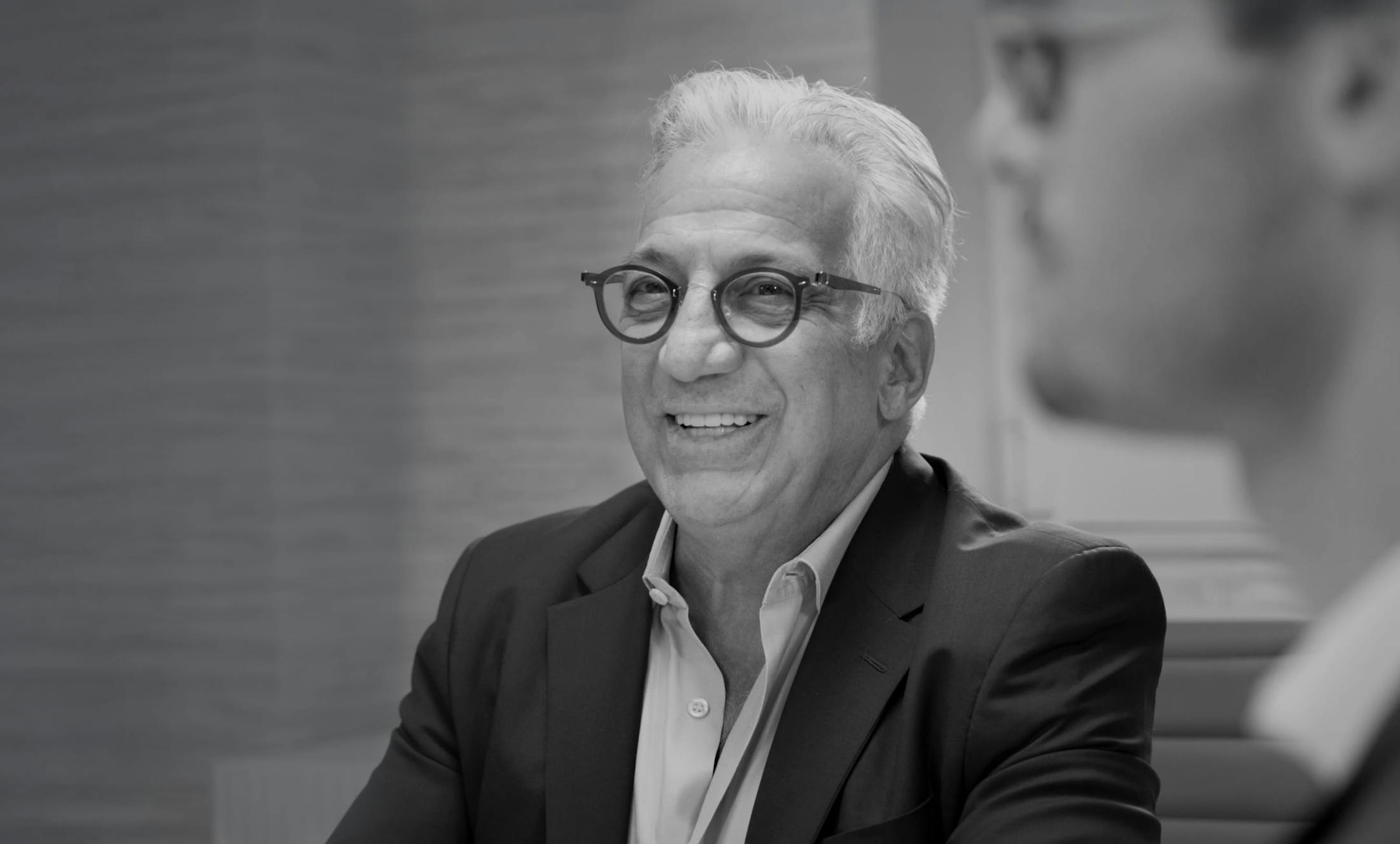What is Dental Anxiety?
Dental anxiety is extreme nervousness associated with the thought of visiting the dentist for preventive care and dental procedures. Essentially, it is a fear, stress, or panic caused by any dental setting.
Dental anxiety can be evidenced by an elevated pulse rate, sweating, a nervous stomach, and a general feeling of dread over going to a dental practice.
Also referred to as dental phobia, this fear can be triggered by needles, drills, or even the thought of going to a dental appointment. Many anxious patients report past bad experiences, often from childhood, as the cause of their fear of the dentist.
When seeking the right dental office for you, be sure to ask questions about the way the dentist approaches patients with dental anxiety. At Rejuvenation Dentistry, your overall physical and emotional well-being are as important to us as your oral health.
We don’t act as your only health care professional, but we recognize and address that many health problems stem from poor oral health.






